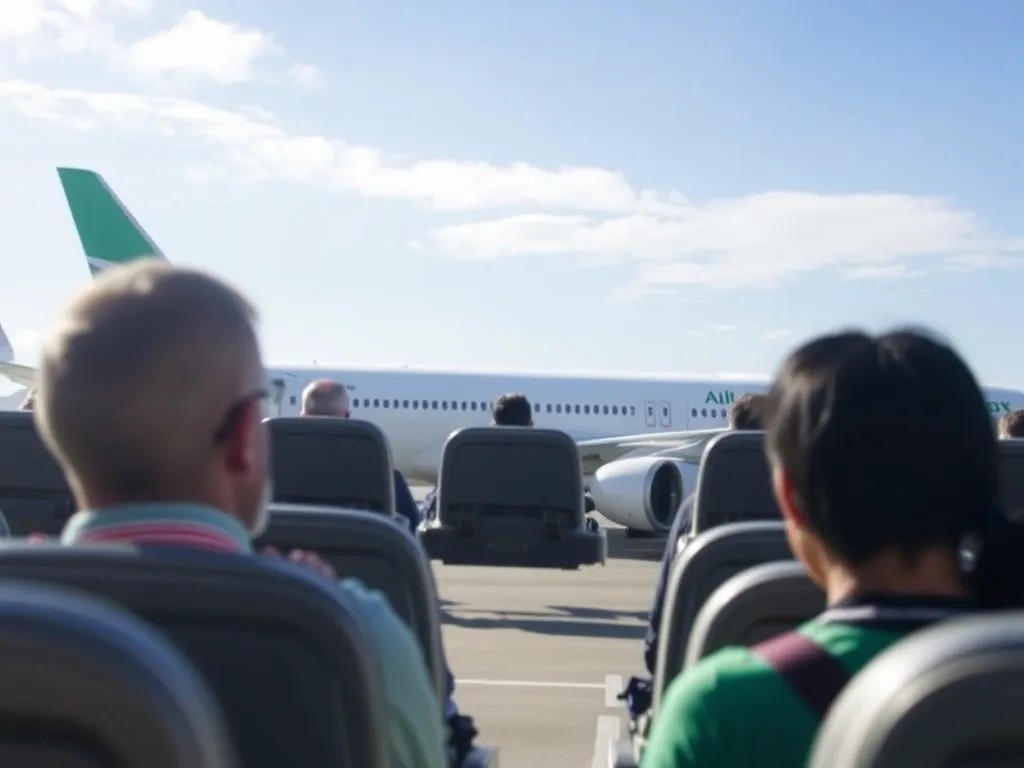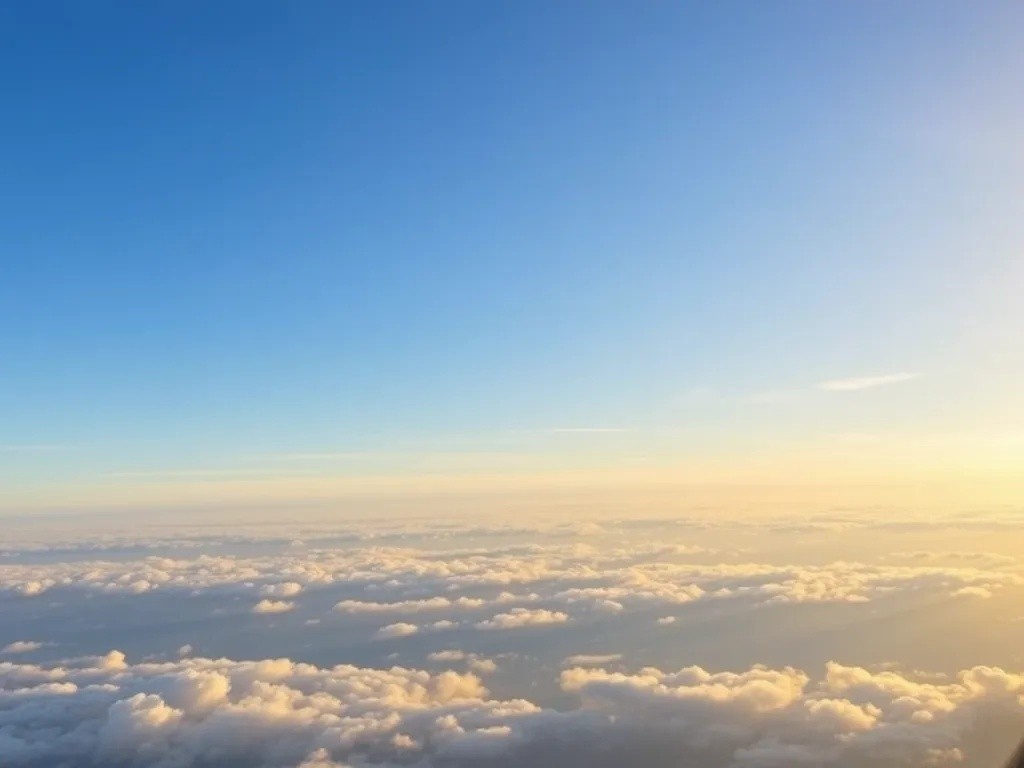Flight attendants are the unsung heroes of air travel, spending countless hours in the sky and witnessing every type of travel scenario imaginable. Their unique perspective and extensive experience make them invaluable sources of travel wisdom. From dealing with jet lag to navigating crowded airports, these aviation professionals have mastered the art of efficient travel. Here are their most valuable tips to help you travel like a seasoned professional.

Pre-Flight Preparation
Strategic Packing Techniques
Experienced flight attendants swear by the "one-week rule" when packing. Pack as if you're going away for one week, regardless of your actual trip length. This prevents overpacking and ensures you have room for souvenirs. Roll your clothes instead of folding them to maximize space and minimize wrinkles. Pack one complete outfit in your carry-on bag, including underwear and medications, in case your checked luggage gets delayed.
Document and Technology Preparation
Always take photos of important documents like your passport, driver's license, and credit cards. Store these images in a secure cloud service and email them to yourself. Download offline maps of your destination city before departure, and make sure your phone is set up for international roaming or purchase a local SIM card in advance. Flight attendants recommend having multiple backup charging cables and a portable power bank that's fully charged.
Airport Navigation Strategies
Timing and Check-in
Arrive at the airport earlier than recommended, especially during peak travel seasons. Flight attendants suggest arriving 3 hours early for international flights and 2 hours for domestic flights. Check in online exactly 24 hours before departure to secure better seat assignments and avoid long lines at the airport. If you're traveling with carry-on only, use mobile boarding passes to skip the check-in counter entirely.
Security Line Efficiency
Dress strategically for security checkpoints. Wear slip-on shoes, minimal jewelry, and avoid clothing with metal components. Pack your liquids in an easily accessible pocket of your carry-on. Flight attendants recommend the "bin strategy": use one bin for shoes and jackets, another for electronics and liquids, and place your carry-on bag in a separate bin to speed up the process.
In-Flight Comfort and Health
Staying Hydrated and Healthy
The dry cabin air can be brutal on your body. Flight attendants drink water constantly and recommend passengers do the same. Bring an empty water bottle through security and fill it at water fountains after the checkpoint. Avoid excessive alcohol and caffeine, which can contribute to dehydration. Use a saline nasal spray to combat dry nasal passages, and apply moisturizer frequently to prevent skin dehydration.
Maximizing Sleep Quality
Flight attendants have perfected the art of sleeping in uncomfortable conditions. Bring a quality neck pillow, eye mask, and earplugs or noise-canceling headphones. Dress in layers to adjust to temperature changes throughout the flight. If possible, choose a window seat to lean against and avoid being disturbed by other passengers. Flight attendants recommend avoiding screens for at least 30 minutes before trying to sleep.

Seat Selection and Boarding
Strategic Seating Choices
Flight attendants reveal that seats over the wing experience less turbulence, making them ideal for nervous flyers. Avoid seats near the galley and bathrooms if you want to sleep, as these areas tend to be noisier. If you're tall, consider paying for extra legroom seats, but avoid exit row seats if you want to sleep against the window, as these seats typically don't recline.
Boarding Strategies
Don't rush to board early unless you have a specific reason. Flight attendants suggest waiting until your boarding group is called to avoid standing in crowded gate areas. However, if you have a large carry-on, boarding early ensures overhead bin space. Always have your boarding pass and ID ready, and keep your carry-on organized so you can quickly find what you need during the flight.
Dealing with Common Travel Issues
Flight Delays and Cancellations
Flight attendants recommend having backup plans for important trips. Book the first flight of the day when possible, as delays tend to compound throughout the day. If your flight is cancelled, immediately call the airline while standing in the rebooking line - you'll often get rebooked faster over the phone. Consider alternative airports within driving distance of your destination, and always know your passenger rights regarding compensation for delays and cancellations.
Jet Lag Management
Professional flight crews have developed effective strategies for managing jet lag. Start adjusting your sleep schedule 2-3 days before departure. On eastbound flights, flight attendants recommend staying awake during the flight and sleeping upon arrival. For westbound flights, try to sleep during the flight if it's nighttime at your destination. Expose yourself to natural light upon arrival to help reset your circadian rhythm.

Money-Saving Travel Hacks
Food and Beverage Strategies
Bring your own snacks to avoid overpriced airport food. Flight attendants pack protein bars, nuts, and dried fruit for sustained energy. If you have dietary restrictions, don't rely solely on airline meals - bring backup food options. Many airports have grocery stores past security where you can buy reasonably priced snacks and drinks.
Accommodation and Transportation
Flight attendants often book hotels near airports for early morning flights, but they recommend checking if the hotel offers park-and-fly packages that can be cheaper than airport parking. For ground transportation, research public transit options before arrival, as they're often significantly cheaper than taxis or rideshares, especially in major cities.
Final Professional Advice
The most important advice from flight attendants is to remain flexible and patient. Travel rarely goes exactly as planned, and maintaining a positive attitude will make your journey much more enjoyable. Be kind to airline staff - they're often dealing with situations beyond their control and are more likely to help passengers who treat them with respect. Remember that everyone is trying to reach their destination safely, and a little courtesy goes a long way in making travel pleasant for everyone involved.
These insider tips from flight attendants can transform your travel experience from stressful to smooth. By following their professional advice, you'll be better prepared for whatever travel challenges come your way, arriving at your destination refreshed and ready for your adventure.
